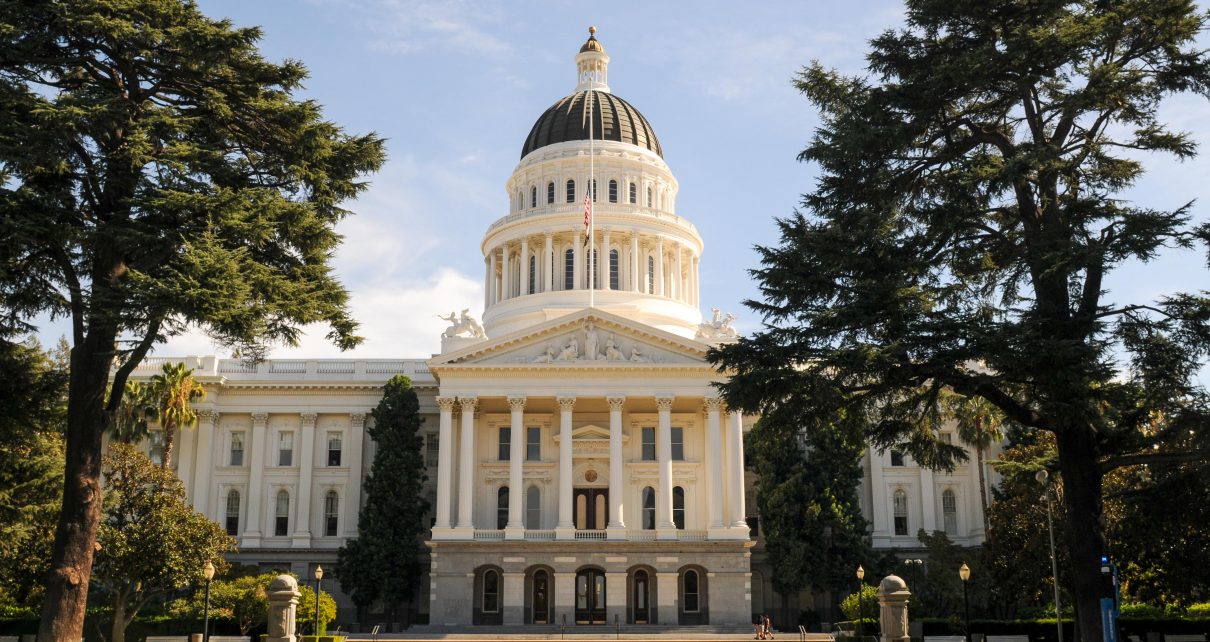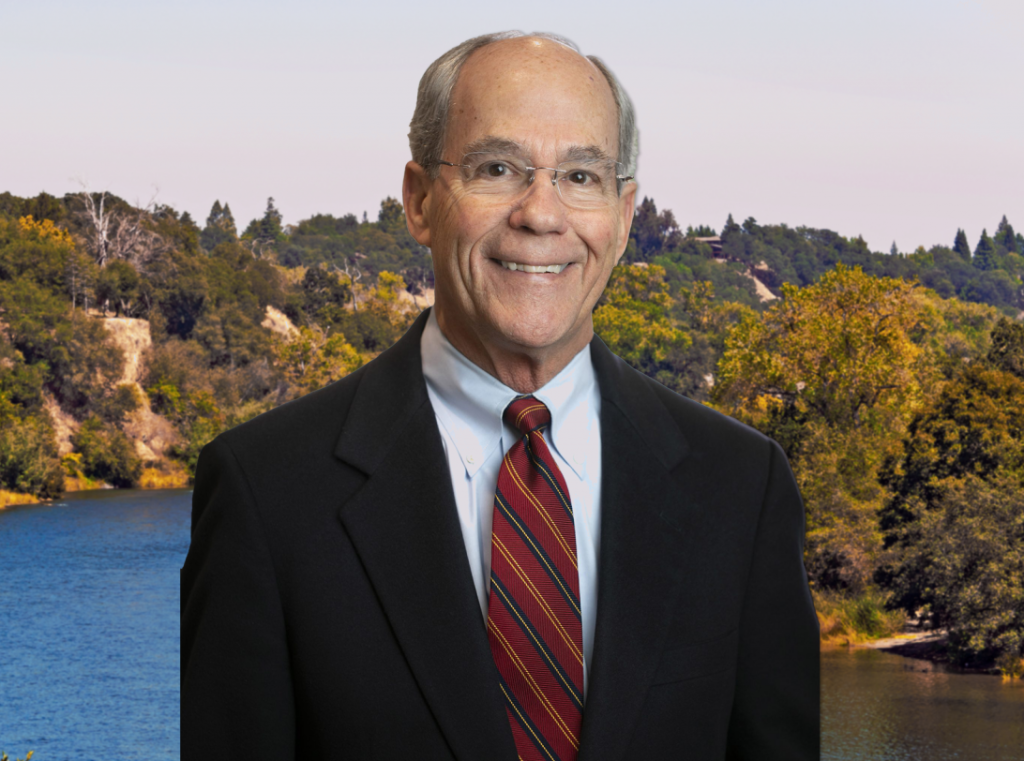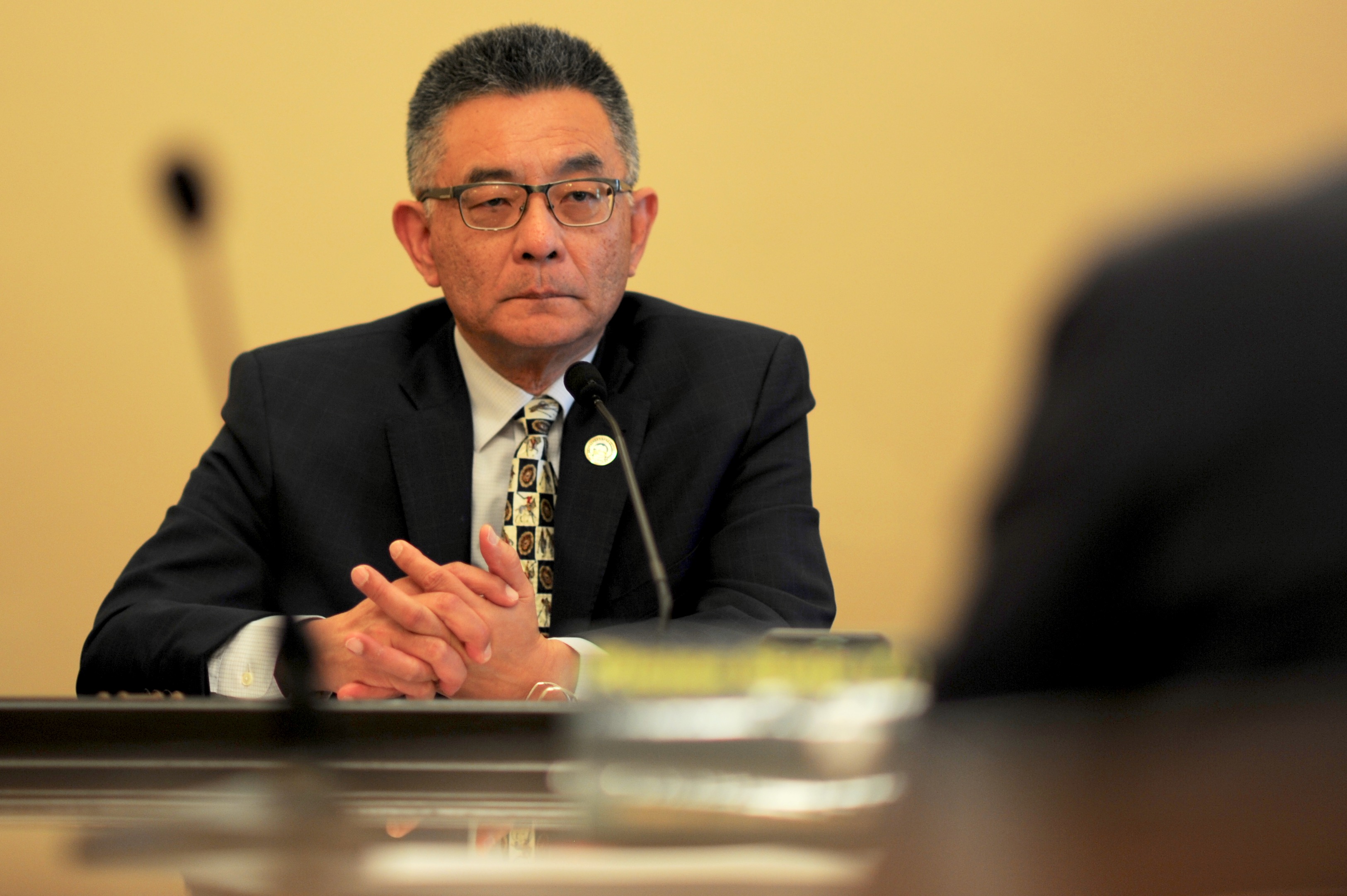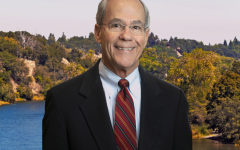
California State Capitol. (Photo: Kevin Sanders for California Globe)
Amended Daylight Savings Bill Survives Suspension Day But Faces Difficulties Ahead
Bill stripped to now only include study on benefits, negatives of removing daylight savings time in CA
By Evan Symon, May 20, 2024 12:00 pm
A bill that would have originally banned daylight savings time in California, but was later amended to create a study on the benefits and negatives of doing so, continues to face a difficult road ahead this week despite recently surviving Suspension Day.
Senate Bill 1413, authored by Senator Roger Niello (R-Roseville) was the latest bill to propose to propose switch from observing daylight savings time (D.S.T.) to only having standard time year round. Efforts have been active since 2018 when Proposition 7, which gives California the option to stop D.S.T in the state, provided that the state legislature in Sacramento has 2/3rds of their members vote to get rid of it and the Governor approves, was passed by nearly 60% of California voters. While many medical professionals note the health benefits with the switch, bills trying to get rid of it had made it no farther than committee.
However, earlier this year, growing pressure to git rid of D.S.T. gave a boost to the bill. Helping matters, Niello was working with lawmakers in Oregon and Washington to try and coordinate a massive Western states switchover to eliminating the time change, improving the odds of the bills success. He even dubbed this effort “Ditch the Switch.”

“Sleep experts believe it is more appropriate to our natural clocks,” said Niello earlier this year. “If my legislation prevails next November, we’ll turn them back again and we’ll never change them again after that. We are also coordinating this with Western states so that if we’re all successful, we won’t be on different times. Arizona already is on permanent standard time, as is Hawaii. Washington, Oregon and Idaho are currently working on legislation, as am I, so there’s a purposeful coordination on this. The essential difference between the two is permanent standard time has more daylight in the morning and permanent daylight saving time has more sunlight in the evening.”
But that hope soon faltered in April. SB 1413 managed to pass a Senate Energy, Utilities, and Communications committee that month, but only after nearly 1/3rd of all Senators abstained from voting, hinting once again of a massive number of nay votes lurking not only in the Senate, but the more difficult to please Assembly as well. Needing something challenging D.S.T. to pass, the bill was then heavily amended in late April and once again last week before the crucial suspense file vote. Rather than stop D.S.T., the bill instead would create a commission to looks into the pluses and minuses of getting rid of D.S.T.
Amended SB 1413
“This bill would require the State Energy Resources Conservation and Development Commission to, on or before February 1, 2027, prepare and submit a report to the Legislature assessing the near-term and long-term impacts of observing year-round standard time on energy demand and supply,” read the newly amended bill.
While the bill would no longer be removing D.S.T. in the near future, the updated bill became more palatable for legislators. In a 7-0 with no abstention vote last Thursday, the Senate Appropriations Committee voted to carry on the bill past Suspension Day, keeping the bill alive this year. However, the bill is by no means out of the woods just yet – it still needs to pass the Senate as well as the Assembly, with the latter killing most previous D.S.T. efforts. Governor Gavin Newsom would also need to be on board.
There’s also an additional challenge this year: the budget.
“Everything this year is being filtered by cost,” Dana, a Capitol staffer, told the Globe on Monday. “We’re in a massive budget crisis, and most lawmakers first question is ‘How much is this going to cost’. Just blinking out daylight savings, or now, the cost of the committee. Can California afford that now?”
Studies have been mixed on D.S.T. saving time, energy, and money. Some studies have found that switching over would reduce energy usage by 0.5%. Others have found that it would be saving neither time or money as a result.
“You can see why the bill had to radically change though,” continued Dana. “Opposition to a massive switchover is still high. But a study looking into it is far less opposable. Especially if it finds a way for California to save money and energy, because remember, California has energy problems too. It’s still going to be an uphill climb for the bill, amended and all. The price tag of the committee can’t be too high. And to get votes, they need to push on the possibilities that this will save the state money and reduce energy usage.”
“All in all, this is a creative alternate route for the bill, but considering everything going on now and the number of lawmakers still opposed to changing daylights savings, it will be a rocky road.”
The amended SB 1413 is currently on the Senate floor.
- Bill to Require Law Enforcement Disclosure if AI Was Used To Help Write Reports - August 7, 2025
- Gov. Newsom Files FOIA Request To ‘Expose True Cost’ Of L.A. Federal Troop Deployment for Anti-ICE Riots - August 6, 2025
- California Redistricting: How Newsom’s Plan Will Demolish Hard Fought GOP Gains - August 6, 2025





We should KEEP Daylight Saving Time year-round! And NOT get rid of DST! There are many MORE benefits of remaining on DST, over remaining on standard time! If we keep standard time, throughout the summer, sunrises can be as early as 4:30am! That is NO USE to anymore when most people are in bed sleeping! People want the sun where it counts most, in the EVENING! Daylight Saving Time IS the way to go on a year-round basis!!!
No on DST, we need to be on standard time all times since our internal clocks align better with it. If we make DST permanent, the winter times will be rough for kids that go to school in the mornings since it will be darker. Standard time would also save on energy usage in the summer since it would get darker in the evenings when it gets cooler reducing your air conditioner unit run time. Hawaii has been on standard time for a long time and the locals and tourists are not complaining.